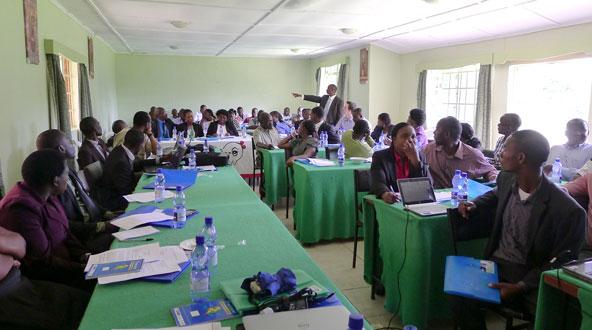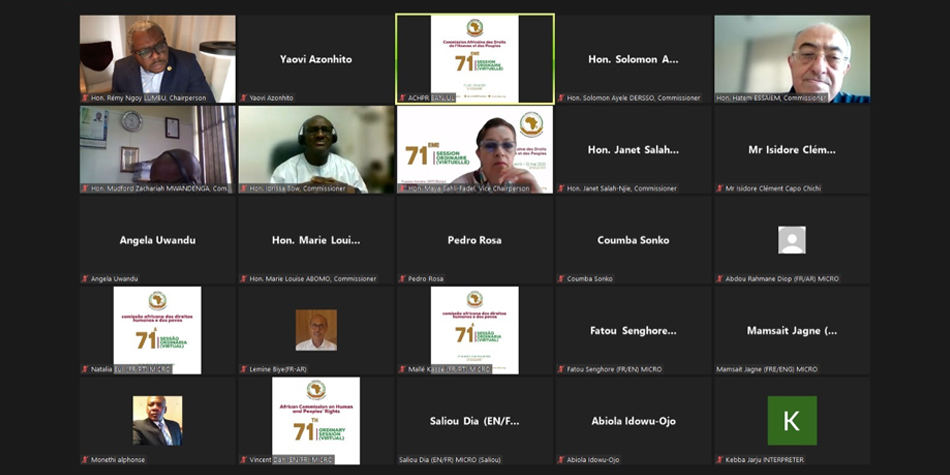
Mental health seminar takes Malawi a step closer to resentencings
Africa
The prisoners became entitled to be resentenced in 2007, when the Constitutional Court ruled the mandatory death penalty unconstitutional on the grounds that it was inhuman and degrading punishment and that it denied the accused the right to a fair trial.
The seminar had over 50 participants including mental health clinicians, judges, lawyers, paralegals, prison officers and international experts who shared their experiences in dealing with individuals with mental health issues in the criminal justice system.
At the opening of the seminar on 15 January, Grace Malera, the executive secretary of the MHRC, said that the participants should see the seminar as an “opportunity to build a body of knowledge that we can use in these sentence re-hearing processes and use as references in future cases”. She later described the session as one of the MHRC’s “most successful”.
Whilst the death penalty remains on the statutes in Malawi, it is now reserved for the ‘worst of the worst’ cases. The sentence re-hearings will give prisoners the opportunity to present mitigating evidence before the court so that a judge may be persuaded to hand down a sentence other than death.
The aim of the seminar, which received funding from Tilitonse Fund, was to explore the importance of presenting mental illness and intellectual disability as mitigating factors in the sentence re-hearings.
There are growing concerns worldwide that the death penalty unfairly targets mentally ill or intellectually deficient people who failed to receive adequate care, and causes more mental health issues among death row prisoners. Those issues were the focus of the 12th World Day Against the Death Penalty.
Most prisoners have mental health issues
Harry Kawiya, a mental health clinician who helps conduct regular clinics at Malawi’s maximum security prison, highlighted that the majority of the prisoners present with mental health issues.
“We want to exhaust all areas of mental health [for the sentence re-hearings]”, proclaimed Ndumanene Silungwe, another mental health expert.
Clifford Msiska of the Paralegal Advisory Service, whose team of paralegals goes into villages to conduct investigative interviews on a wide range of mitigation themes including mental health, said: “Let us go back to our offices and make use of the knowledge we have gained and let us work together.”
Participants were provided with a number resources at the seminar including a best practices manual for representing individuals facing the death penalty.
Justice Frank Kapanda from the Supreme Court of Malawi said at the close of the seminar: “Listening to all the things that were said was so enlightening. I’m sure all of us have learnt what resentencing should be like.”
“Criminal justice is a collaborative action. Each of us has a role to play and you can be assured of the judiciary’s commitment to this project’s success,” he added.
Photo: Tom Short and Harriet McCulloch







